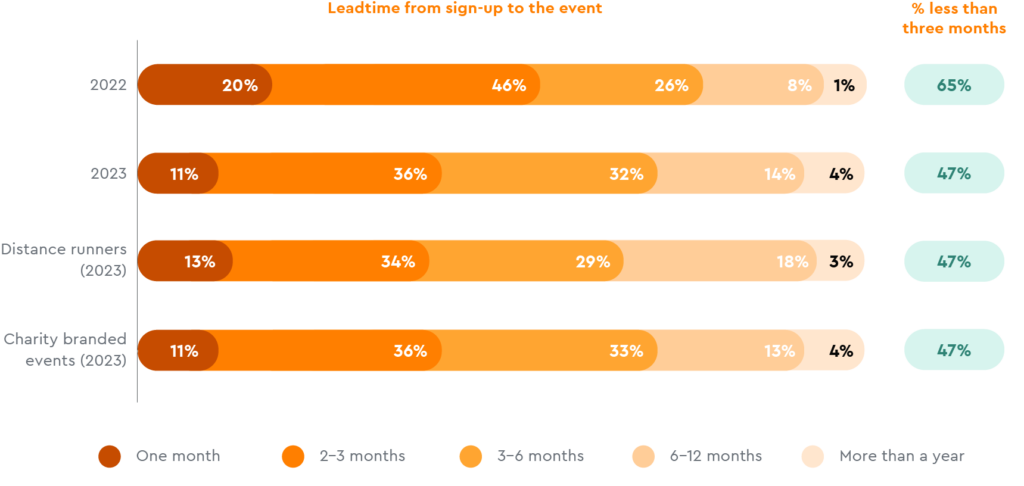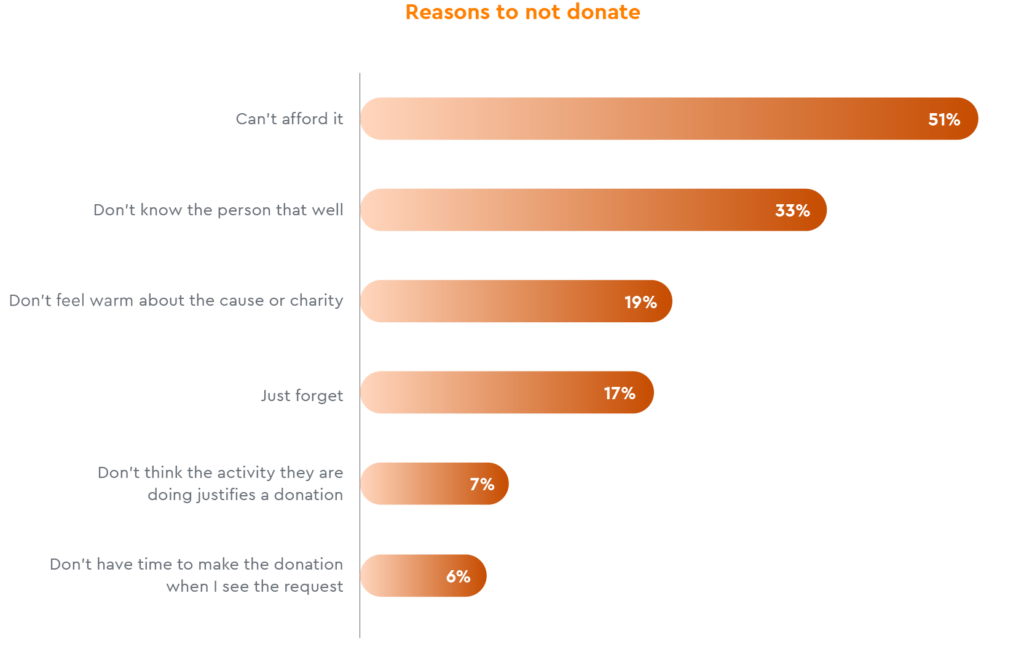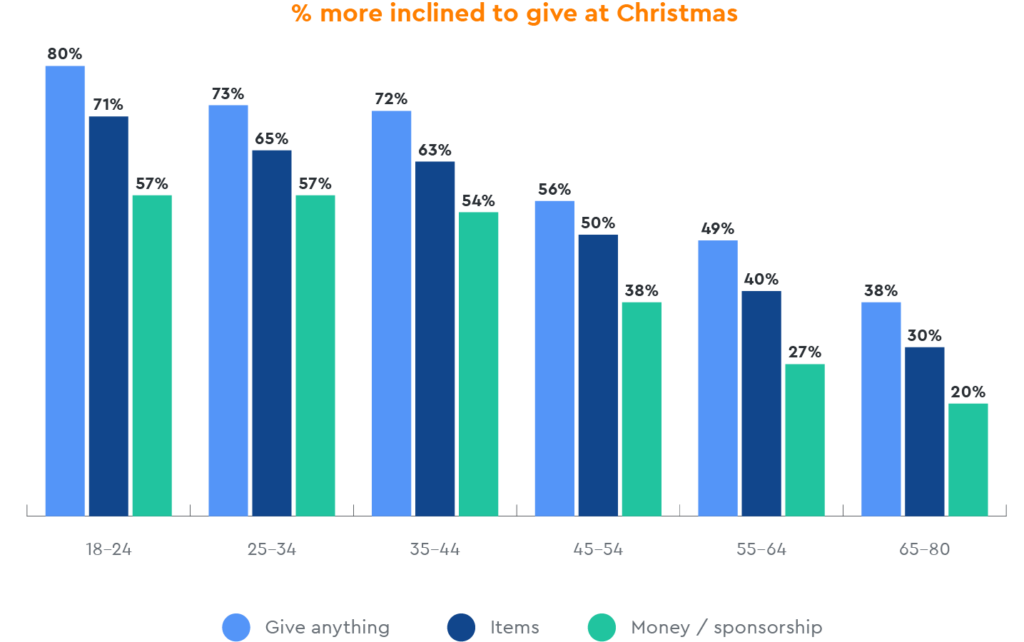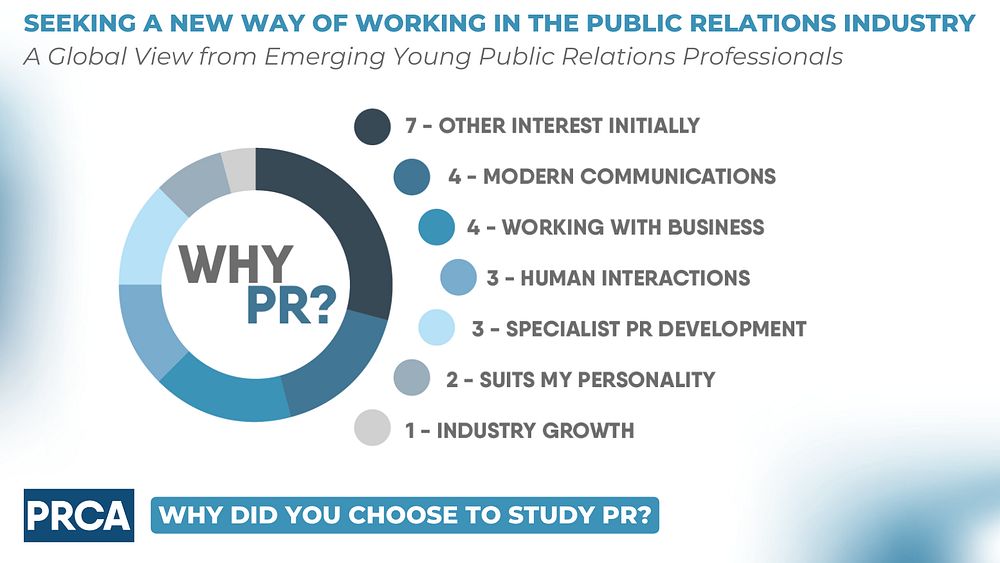Nearly 9 out of 10 people (86%) say that they donate to fundraisers taking part in mass participation events when asked, while 1 in 5 say they have already committed to a charity mass event next year, according to...
Nearly 9 out of 10 people (86%) say that they donate to fundraisers taking part in mass participation events when asked, while 1 in 5 say they have already committed to a charity mass event next year, according to research from Enthuse. Enthuse talk about the report on their website – copied below – please visit their site and have a look!
We’re excited to share our latest annual Mass Events report. The 2023 edition looks at the public’s appetite for taking part in mass participation events, the effectiveness of fundraisers, and the most impactful social media platforms for event participants.
So whether you’re planning for the next mass events cycle or looking for some fundraising tips, we’ll take you through some of the key insights in this blog, and you can download the report to read more
Let’s get underway!
The state of play
Nearly 9 out of 10 people (86%) say that they donate to fundraisers taking part in mass participation events when asked. This is great news for charities who want to encourage supporters concerned about asking for money in the cost of living crisis. Good causes and event organisers can also be heartened by the fact that participants are signing up 30% faster than last year.
Just under half (47%) of charity participants sign up with less than three months to go to an event. This is a sharp improvement on 65% a year ago, but there is still some distance to go before it hits pre-pandemic rates of around 40%. What’s more, one in five people say they have already committed to taking part in a charity mass event in 2024 and another 42% are thinking about it.
When it comes to who people fundraise for, research into disease is the most popular type of cause for event participants. A quarter of people raised money for this type of cause in their last event. NHS, hospitals and hospices were also well supported at 16%, with mental health charities at 15%. Interestingly, despite their popularity with donors, some causes have far fewer supporters fundraising in mass events for them. Just 3% of people said they participated in their last mass event for an animal charity despite the fact that typically 20% of people donate to them every three months, according to our Donor Pulse research series. Similarly, only 6% took part in their last event for a cause supporting those in poverty compared to 15% of the public that tend to donate to that area each quarter.
 Figure 1: Leadtime for event sign up
Figure 1: Leadtime for event sign up
“With the mass events cycle returning to its usual frequency post-Covid, we’ve been able to have a fresh look at how events are performing. It’s great to see that participants are signing up for events faster than last year, giving them more time to fundraise, and charities more time to provide a meaningful stewardship programme.”
“It’s clear from the data that charities will wan to advise participants to start fundraising as soon as they set up their page, as this drives the best results. Good causes should also encurage supporters to share their fundraising pages and ask for donations over social as much as possible. Information on how to ask people to give during a cost of living crisis may prove useful for those who feel unsure of how to broach the topic.”
Chester Mojay-Sinclare, Enthuse Founder and CEODriving donations
The research also looks at the top fundraising tips from experienced participants. The two most important pieces of advice were to go as far and wide in your network as possible (46%) and to raise money as soon as you sign up (44%). This was followed by having a great story about why you’re taking part (39%) as well as a great story about the charity (33%). Using the official apps on the day to keep supporters involved (28%) also proved popular.
Signing up as early as possible sets fundraisers up to raise more. Nearly a third (29%) of participants set up a fundraising page on the same day they registered or were awarded a place. A further 40% get started within the week, meaning a total of 69% have it done within just seven days, with a further 21% doing it inside a month.
The most popular social platforms for supporters promoting event fundraising are Facebook (69%) and Instagram (49%). This is followed by another Meta platform, WhatsApp, at 40%. TikTok came in at 28%, though it’s worth noting that this rises to 47% of those raising over £3,000. X (Twitter) was used by 27% with workplace platforms LinkedIn and Slack coming in at 15% and 14% respectively.
Although the temptation may be to shy away from asking, nearly two thirds of mass event participants (64%) post two to three times a week or more on social media. Within that, a quarter post most days and more than one in ten (12%) post at least every day and sometimes more often. There is an interesting contrast between the different levels of effective fundraisers, with a total of 28% of those raising up to £500 posting most or every day. More than double (56%) this number of people raising £3,000+ post a similar amount. This suggests a strong correlation between frequently posting about an event on social media and raising more money.
 Figure 2: Reasons people chose not to donate
Figure 2: Reasons people chose not to donate
Finally, when looking at the reasons the public don’t donate – for 23% of the public it’s because they either forget or didn’t have time to do it when asked. These ‘lost for causes’ donations present a significant opportunity for charities, and encouraging their participants to regularly post their fundraising pages and across social media will help to make sure less giving is missed out on.
If you’d like to get your own copy of the Mass Events report for free you can do so here.











